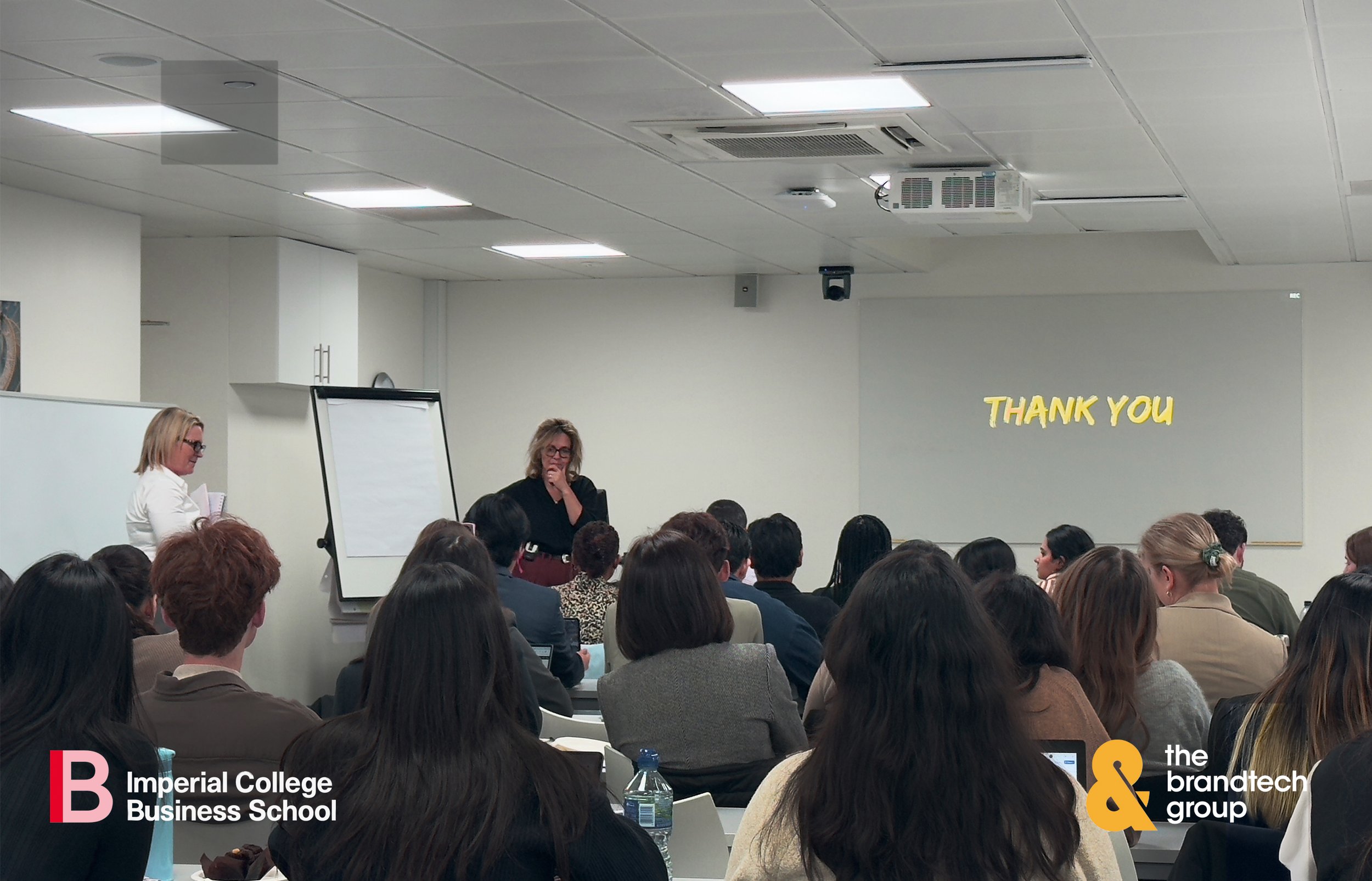LIBF rebrands as Walbrook Institute London as it expands into tech and business education

Institution aims to expand beyond banking and finance into cybersecurity, AI, and business management
LIBF has officially changed its name to Walbrook Institute London as it broadens its educational scope beyond banking and finance into fields such as cybersecurity, AI, and business management.
The rename follows an ongoing expansion of the institution’s degree portfolio. While professional financial qualifications will continue under the LIBF brand, the broader academic offering will now be delivered under the Walbrook Institute London identity.
Founded in 1879, the organization has a longstanding association with the City of London. The new name references the historic River Walbrook, which once ran beneath what is now the Bank of England. According to the institution, the rename reflects both a connection to its origins and a repositioning toward future-focused industries.
Steve Hill, CEO and Vice-Chancellor of LIBF, said:
“Our transition to Walbrook Institute London recognises the natural evolution of our educational offering. Just as the River Walbrook was essential to London's growth as a global financial centre, our institution has grown beyond its traditional roots to embrace the interconnected worlds of finance, technology, and digital innovation. This new identity better reflects who we are today and our vision for the future.”
Focus on flexible, career-focused learning
The institute now offers a range of career-oriented programs in business, cybersecurity, and computer science alongside its existing banking and finance qualifications. Its learner-centered model includes virtual classrooms, flexible scheduling, and on-demand resources. The institution states this approach is designed to meet the needs of professionals balancing study with work.
Hill added, “Our learner-centric model has been key to our successful expansion into new areas. The new Walbrook Institute London name reflects our commitment to continuing this approach. It shows how we’re embracing innovative teaching methods that allow learners to study at their own pace and on their terms, while recognising our home in The City.”




















